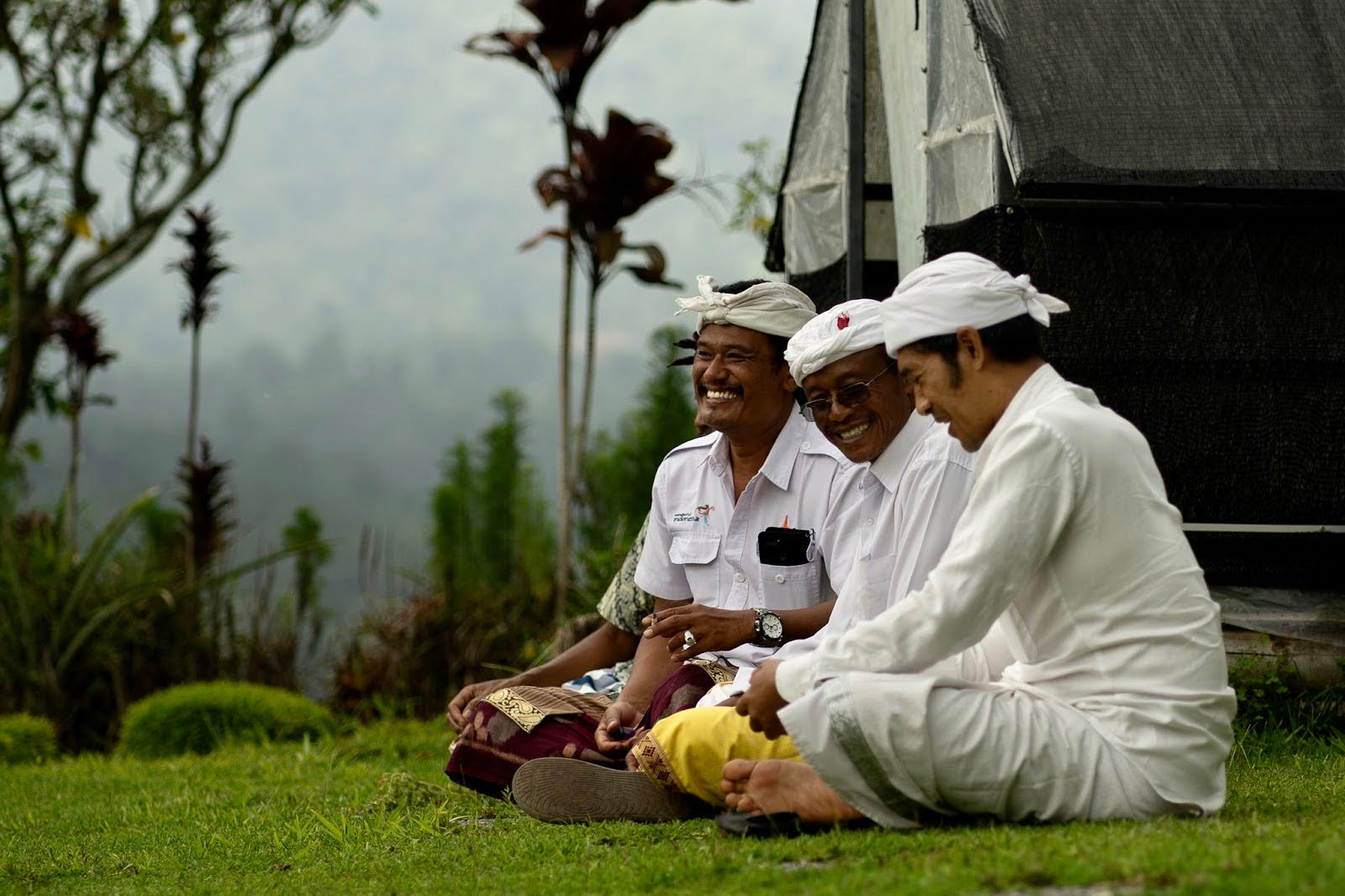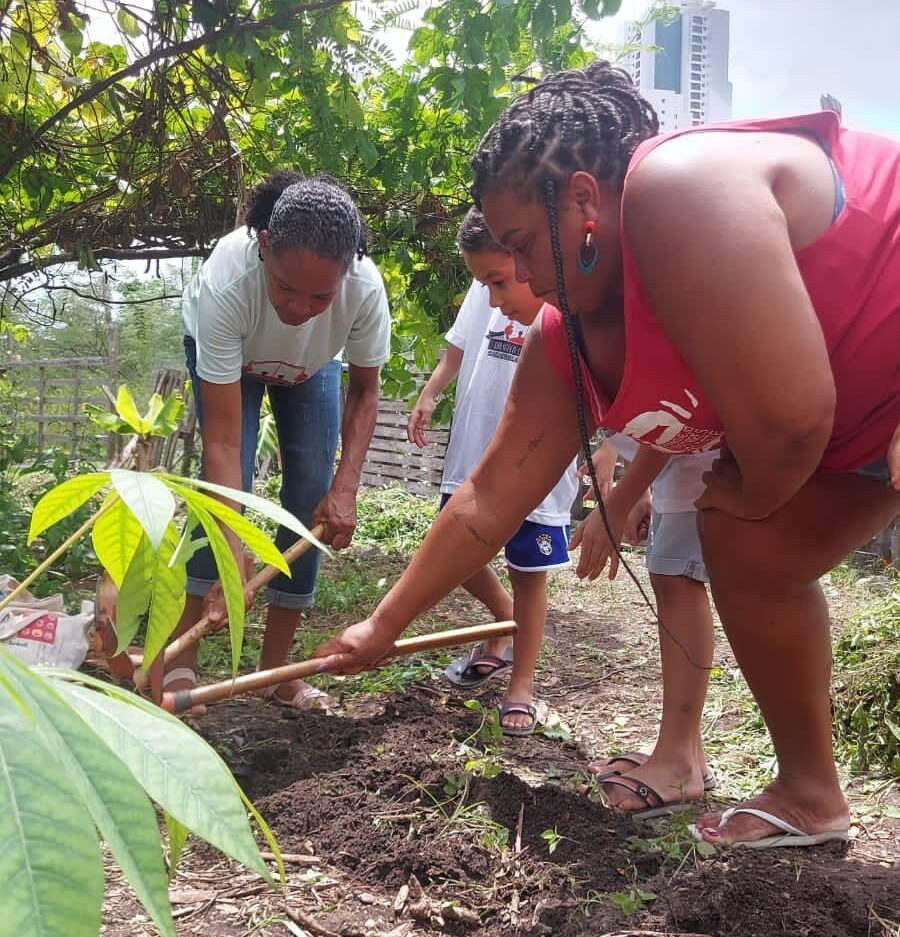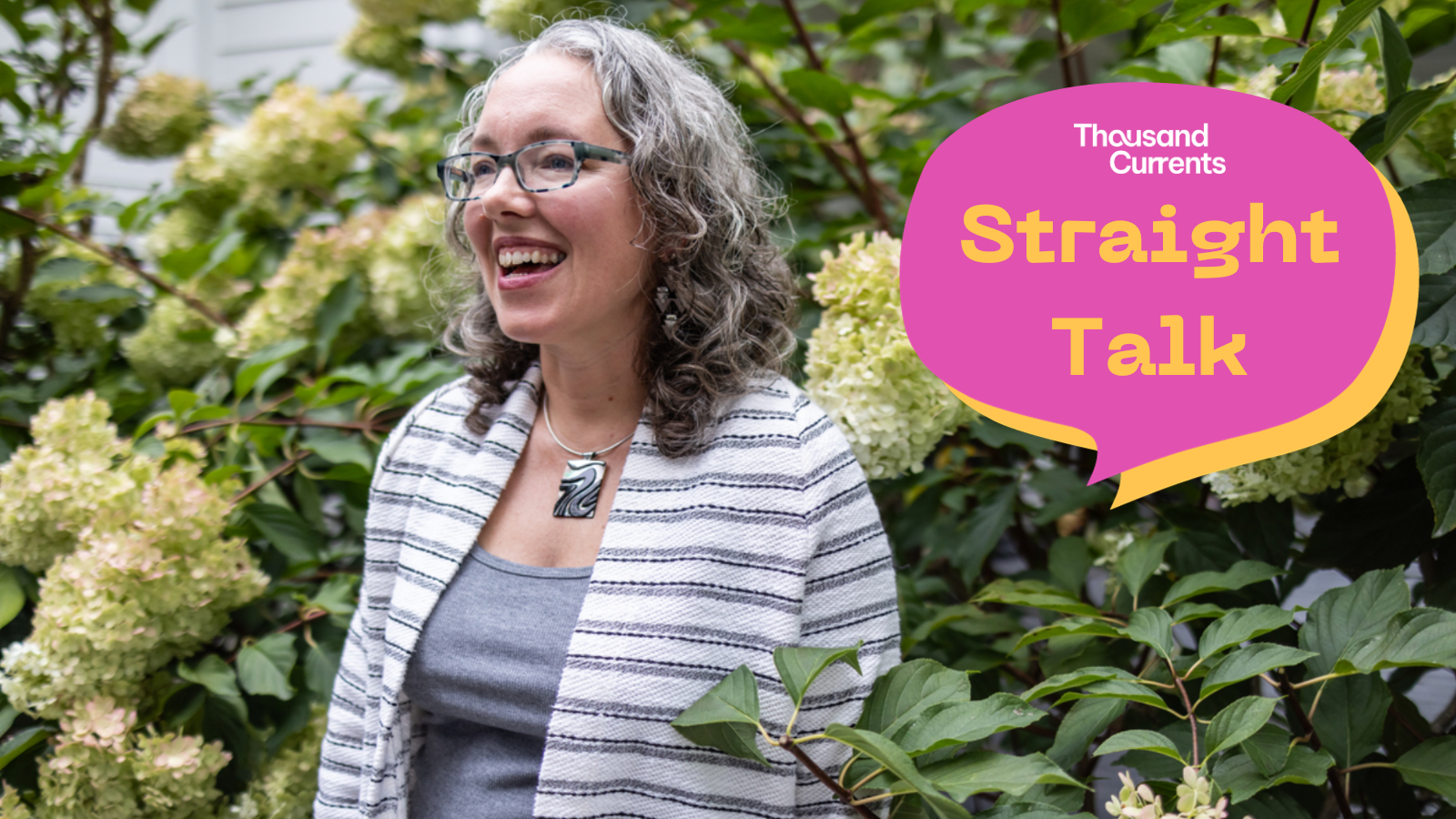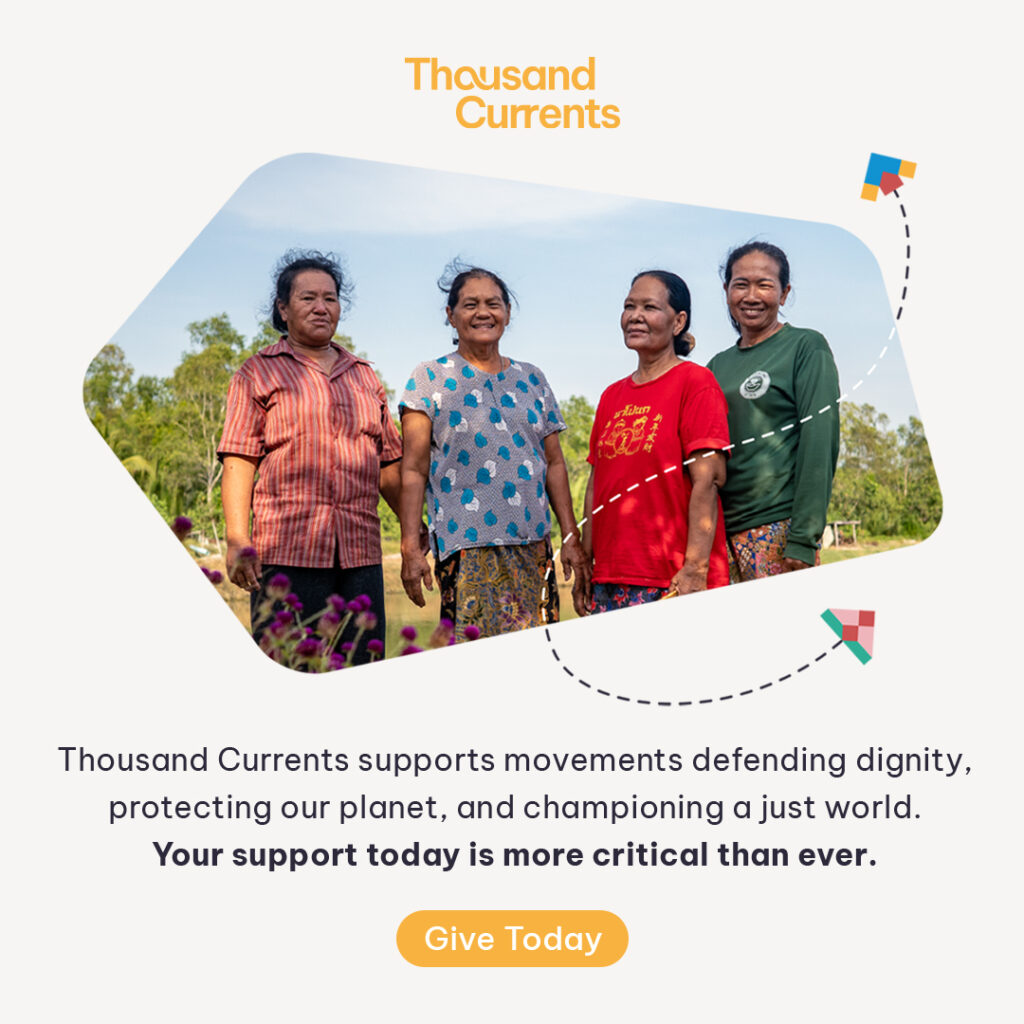Building power on International Women’s Day: 8 women you should know
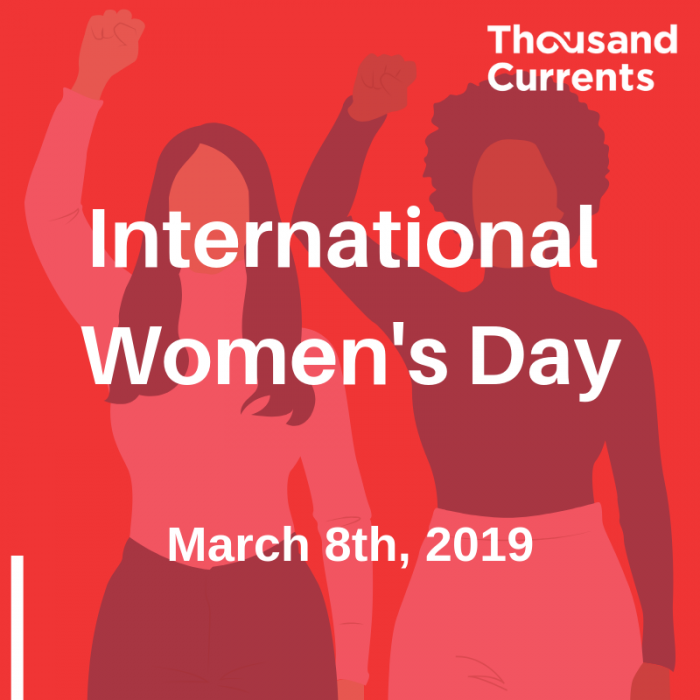
by Cindy del Rosario-Tapan, former Director of Communications
All over the world women are speaking up, organizing, and supporting one another to build power and transform communities.
These leaders are…
… getting young women involved in politics in rural and urban Zimbabwe.
… creating ways for women to access finance in remote regions of Nepal.
… training each others based on ancestral knowledge in order to face climate change in Central America.
… challenging destructive policies that would destroy ocean ecosystems in the Pacific.
The eight leaders and organizations features below are building paths that allow for self-determined, dignified lives free from violence and intimidation. They are creating models of liberation not just for women but for all of us.
Thousand Currents’ movement partners continually show us how to make communities thrive. Thousand Currents is fortunate to be in reciprocal, long-term relationships with these passionate and dedicated leaders. Today (and everyday) we work to honor and uplift their work.
Happy International Women’s Day!
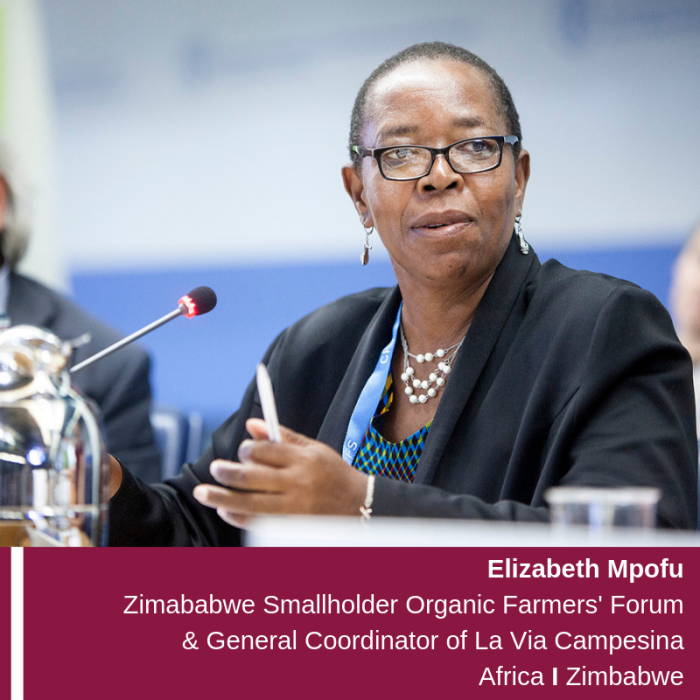
I am so passionate about economic empowerment of rural women through sustainable agricultural practices.
As a farmer herself, Elizabeth Mpofu recognizes the important contributions that rural women make to their communities. Determined to uplift women leadership and decision-making power, Elizabeth Mpofu practices just that as a leader in her community. Get to know more about Elizabeth and her work in this interview with our friends at Grassroots International. (Pic Credit)

As the co-founder of Gramin Vikas Vigyan Samiti (GRAVIS), Shashi Ji Tyagi’s life’s work has been in service to improving lives in Rajasthan, India, particularly for women and youth. Shashi Ji integrates the teachings of lesser known female leaders like Kasturba Gandhi into her work. Read more about Shashi Ji’s inspiration for her work here.
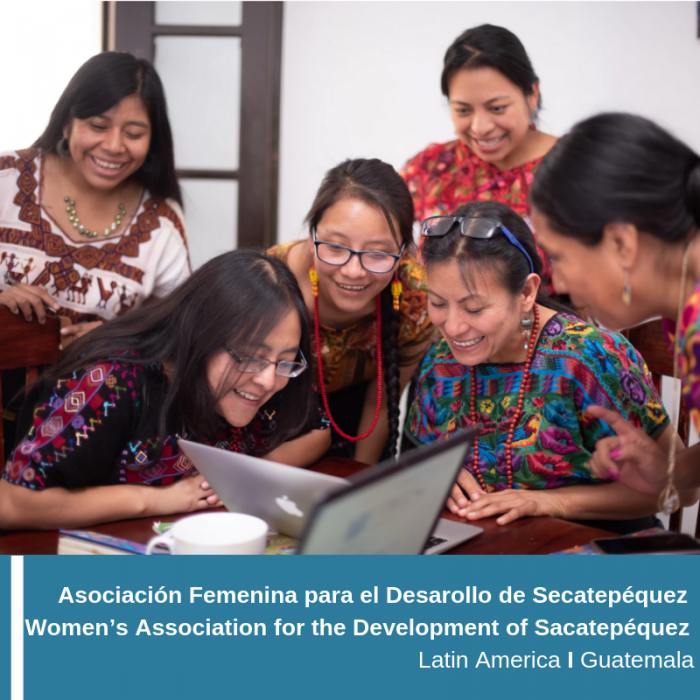
After seeing their traditional sacred designs appropriated by global fashion houses while still facing the daily racism towards Mayan peoples in Guatemala, the women of Asociación Femenina para el Desarollo de Secatepéquez (AFEDES) began a weavers’ movement. Proudly proclaiming that their traditional textile are “the book the colonizers could not burn,” AFEDES seeks to gain collective intellectual rights of their work. Read more about their incredible journey to the supreme court of Guatemala in this photo essay here.
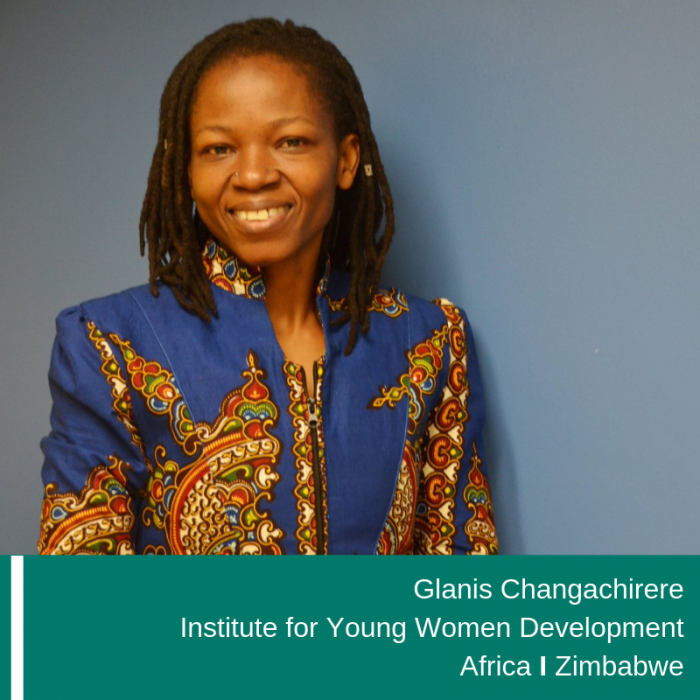
Courage is to love and be outraged at the same time. Our anger strengthens our ability to love each other and know that, by coming together and acting on our situation, we can create our envisioned realities.
As the founder of the Institute for Young Women Development (IYWD), Glanis Changachirere is dedicated to increasing young women leadership at the national and municipal level. Read more about Glanis’s passion to build economic power amongst young women and eradicate violence against women for a stronger future in Zimbabwe.
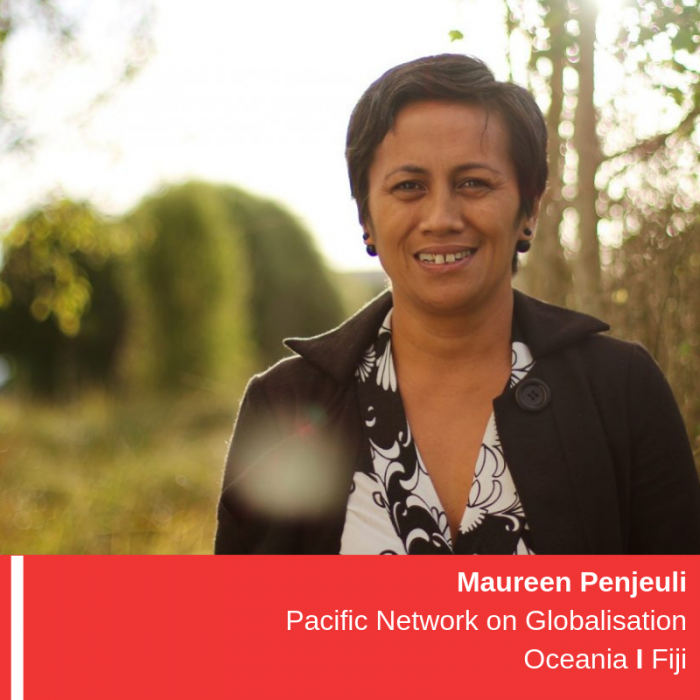
As an activist, mother, and the Coordinator of the Pacific Network on Globalisation, Maureen Penjeuli’s work challenges detrimental trade and economic policies that impact island communities in the Pacific. Grounded in her love for the “Liquid Continent”, Maureen fiercely advocates for the self-determination of Pacific Island Nations. Learn more about her work and the struggle of the Pacific in this TEDx Talk. (Photo: Rucha Chitnis)
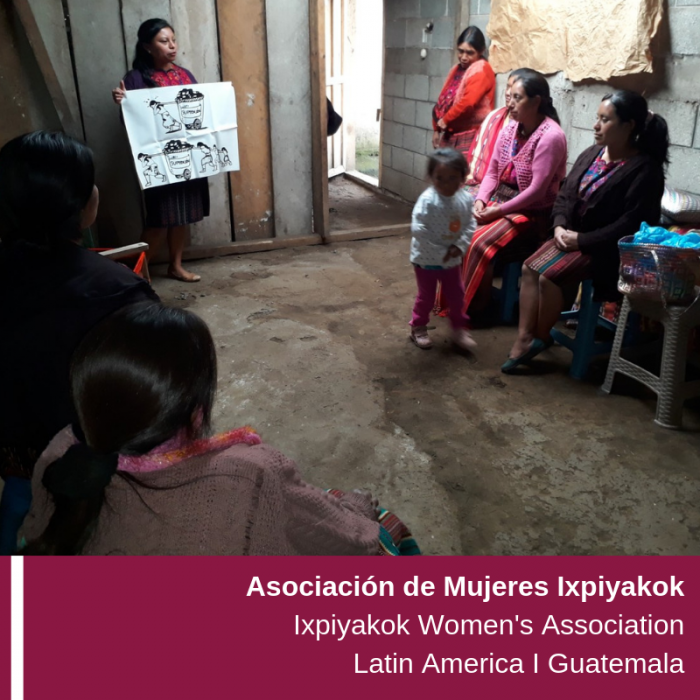
Asociación de Mujeres Ixpiyakok (ADEMI) creates space for women to support and take care of one another. The women of ADEMI strengthen their communities by organizing around community health, political education, and local economic development through agroecology.
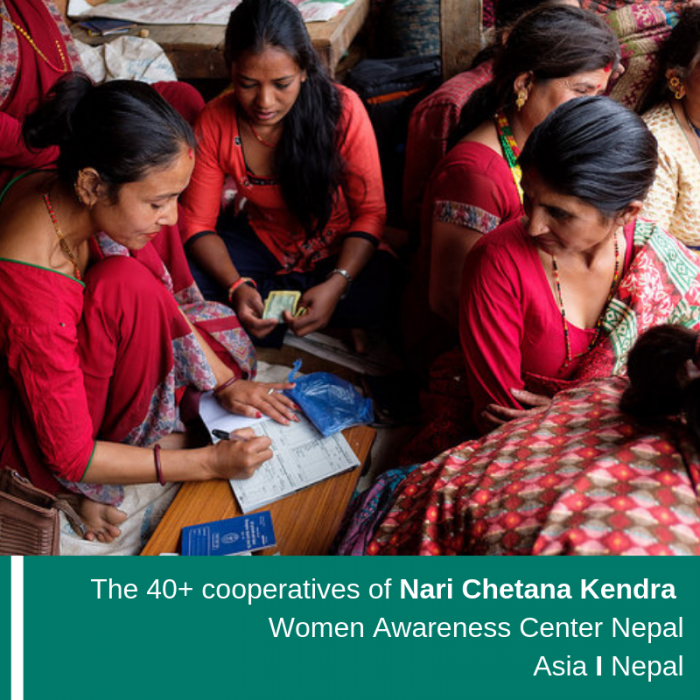
Founded 25+ years ago, Nari Chetana Kendra boasts one of the largest bases of organized farmers and women with the combined assets of 42 cooperatives of over 457 million Nepali rupees (US$ 4.2 million). 45,000 women strong, the mostly women led cooperatives of WACN sprung into action when the 2015 earthquakes devastated many remote communities in Nepal.
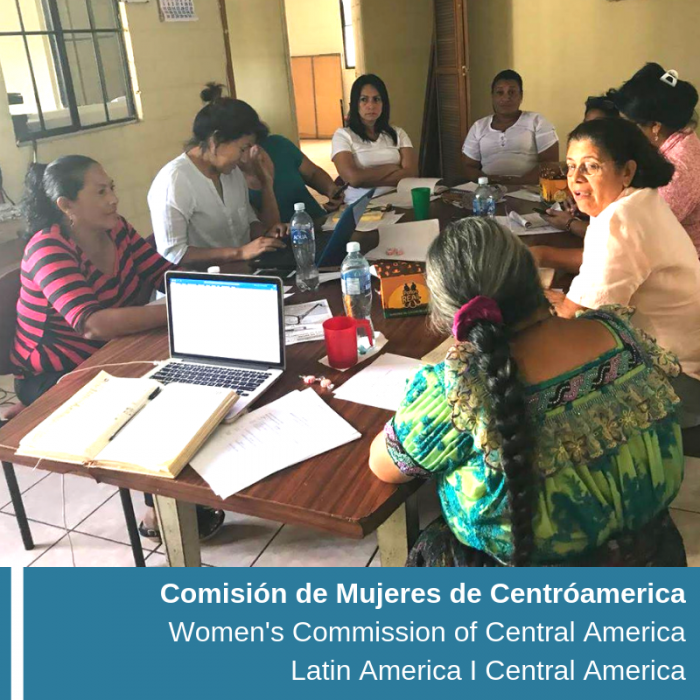
As part of the largest global movement of rural farmers and peasants, La Via Campesina, the Comisión de Mujeres de Centróamerica ensures that the particular issues women face in the rural farmers movement are brought to the forefront. The Commission advocates for women ownership of land, more civic engagement, financial independence, and the promotion of food sovereignty for women peasant farmers, including Indigenous and afro-descent women in Central America.
Related Stories
